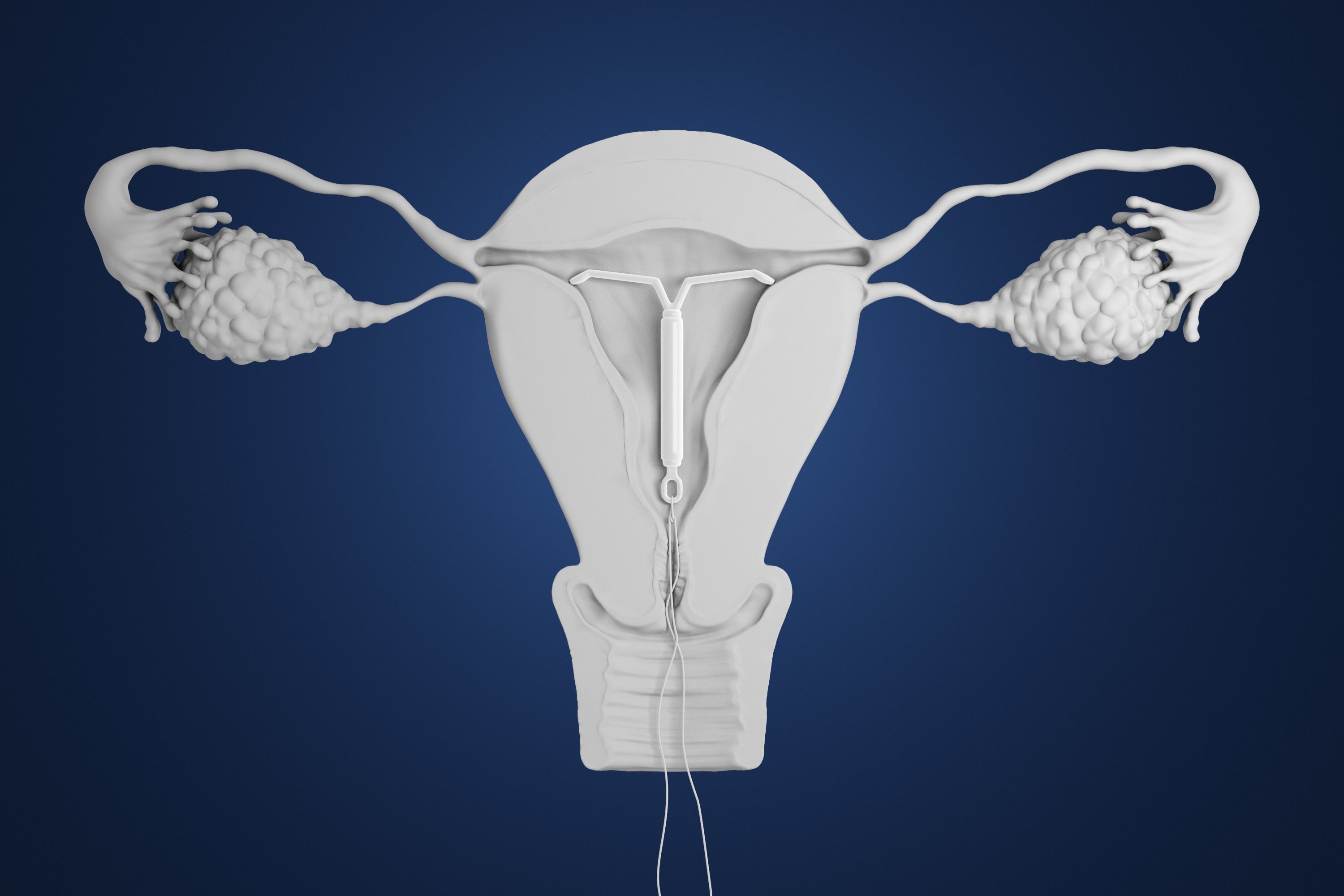The Independent's journalism is supported by our readers. When you purchase through links on our site, we may earn commission.
Bitter pill to swallow: Birth control is failing women, so why is nothing changing?
Despite contraception being a crucial medicine for many, the area is woefully neglected. Bethan Swift and Christian Becker look at what needs to be done to address the inequalities women still face every day

Your support helps us to tell the story
From reproductive rights to climate change to Big Tech, The Independent is on the ground when the story is developing. Whether it's investigating the financials of Elon Musk's pro-Trump PAC or producing our latest documentary, 'The A Word', which shines a light on the American women fighting for reproductive rights, we know how important it is to parse out the facts from the messaging.
At such a critical moment in US history, we need reporters on the ground. Your donation allows us to keep sending journalists to speak to both sides of the story.
The Independent is trusted by Americans across the entire political spectrum. And unlike many other quality news outlets, we choose not to lock Americans out of our reporting and analysis with paywalls. We believe quality journalism should be available to everyone, paid for by those who can afford it.
Your support makes all the difference.The hunt for a “male birth control pill” is a topic that often grabs attention. But so far no products have been licensed for use, either because they haven’t been effective enough, or because of negative side effects – including depression, mood disorders and acne – that halted trials.
Current contraceptive options for men are limited and not always effective – so it’s no wonder research continues in this area. But, while this is important, it’s critical that this isn’t at the expense of improving contraceptives currently available for women.
Since the female birth control pill first became available in the 1960s, it has allowed many to control their own fertility and manage conditions such as dysmenorrhoea (painful periods), non-menstrual pelvic pain and heavy menstrual bleeding.
But despite these benefits, birth control options are still failing women. This is largely because of the unpleasant side effects many people experience when using them – which in some cases severely decreases quality of life.
Women often have to put up with side effects when using contraceptives, such as irregular bleeding, bloating and headaches. In some cases, these side effects are more serious, and may include high blood pressure, blood clots and stroke. Research has also found a link between the pill and increased risk of depression, as well as decreased sexual desire and libido.
Side effects are the reason around one-third of women stop their contraception in the first year of use. Perhaps, as a result, use of the contraceptive pill in the UK decreased from 45 per cent in 2015 to 39 per cent in 2019.
There’s little incentive to improve them, as it has already been proved that they prevent pregnancy
It isn’t just the pill that needs improvement. Long-acting reversible contraceptives – such as inter-uterine devices (IUDs) and contraceptive implants – are used by around 12 per cent of women in the UK, but also come with their own side effects and disadvantages.
Like the pill, hormonal IUDs (a small device that is placed in the uterus, where it releases hormones) can cause side effects such as irregular or missing periods, headaches, nausea, hair loss, depression, and decreased libido. Even non-hormonal IUDs (such as the copper IUD) can cause heavier periods, longer menstrual cycles and increased pain – causing many women to have them removed early. Many women also report experiencing painful IUD fittings – often without the use of local anaesthetic gels.
Finding a contraceptive method that works usually involves a lot of trial and error. This is partly because clinicians don’t have access to large-scale and detailed data which could help them predict which method will work best for different people. The presence of side effects and their severity differs between women, depending on their sensitivity to hormonal changes – and potentially because of genetics.
Need for improvement
There’s a clear need for large-scale clinical trials into new and existing forms of birth control. Yet despite this, little investment is actually put into making this happen, and priority tends to be given to other areas of research. For example, between 2017 and 2020, there were only 23 industry-funded clinical trials into contraceptives, compared to 600 for cardiovascular drugs and 140 for treatment relating to eye disorders.
Most shockingly, only 2 per cent of the revenue made by pharmaceutical companies selling contraception goes back into research and development. Even when methods are improved or refined, they’re often not available worldwide due to local regulations and health systems.
Access to preferred contraception in the UK (such as specific brands) is also largely dependent on commissioning systems (which assesses needs, and plan purchasing and monitoring of health services in the NHS) and contraceptive budgets – which were cut by 13 per cent between 2015 and 2018.
Such budget cuts may mean a person has to switch from a brand they’re happy with to one that doesn’t work as well for them. And though the UK has now allowed progesterone-only pills to be bought over the counter without a prescription, women still have limited ways to access birth control – and the costs associated with it may be too much for some.

Alongside these issues of access is a continued lack of research and development into women’s contraceptives for a variety of different reasons. For one, there’s little incentive to improve them, as it has already been proved that they prevent pregnancy. In addition, funding bodies are often interested in areas of research that affect all people – not just women – so funding will be prioritised to them. Many women will also continue using birth control despite side effects because they don’t want to get pregnant – so many developers may not see improving formulations as necessary.
Although there’s a clear need to develop better male contraceptives, much still needs to be done to address the inequalities women currently experience when it comes to sexual and reproductive health. The Women’s Health Strategy has recently sought to collect views on women’s health to ensure that women’s voices are at the centre of new health agendas – which will hopefully help inform policies, strategies and healthcare. There are also numerous trials ongoing seeking to improve contraceptive options for women.
But it isn’t solely up to pharmaceutical companies to bring about changes – it will be up to regulators to listen to women when assessing the effectiveness of new contraceptive methods, and clinicians, to listen to patients’ concerns and questions.
Bethan Swift is a PhD candidate in women's and reproductive health at the University of Oxford. Christian Becker is an associate professor at the Nuffield Department of Obstetrics and Gynaecology, University of Oxford. This article first appeared on The Conversation
Join our commenting forum
Join thought-provoking conversations, follow other Independent readers and see their replies
Comments